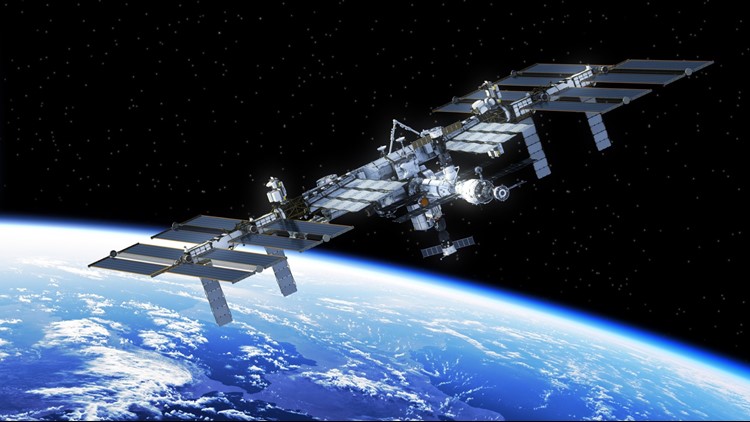Washington State University scientists are taking their research to space.
Researchers will get two new laboratories at the International Space Station to investigate space farming and how microgravity affects the growth and development of plants, and to research quantum phenomena that would normally be impossible to study on Earth.
The NASA-funded Final Frontier Plant Habitat and Cold Atom Laboratory will make the roughly 240-mile trip to the International Space Station from NASA’s Wallops Flight Facility in Virginia on May 20.
Live launch coverage will start at 1:30 a.m. on NASA Television and on NASA’s website.
WSU scientists are hoping to better understand how to grow plants for food and oxygen in space for long-term space missions to other planets. Research on the Final Frontier Plant Habitat will focus on understanding how plants will adapt to the harsh and weightless environment.
Norman G. Lewis, a Regents professor at WSU’s Institute of Biological Chemistry, is leading the $2.3 million initiative.
The Cold Atom Laboratory was designed to produce colder temperatures than anywhere else in the universe.
WSU physicists Peter Engels and Maren Mossman, along with researchers from the University of Colorado, will use the laboratory to study the behavior of atoms chilled to extremely cold temperatures, which is impossible to do on Earth because of gravity. This will allow researchers to observe new phenomena that can't be seen on Earth.
The research has the potential to develop ultra-powerful computers and a variety of sensors that measure gravity, rotations and magnetic fields.



